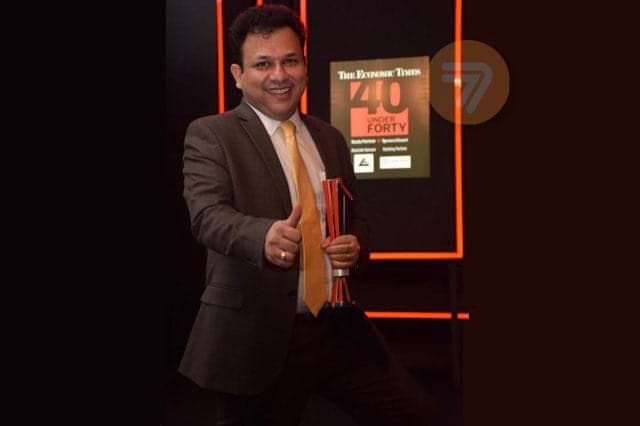Indian Gaming Industry Brings Arguments to GST Case at SC
06 Aug 2024
Image: PokerDangal.com.
The legal challenges against India’s indirect tax regime on wagers in casinos, horse races, lotteries, and online money games are gaining attention. This includes the retrospective application for the period before October 2023. In early August, online gaming companies added another case to the batch of writ petitions against the DGGI. The DGGI, or Directorate General of GST Intelligence, is India’s primary indirect tax enforcement authority. These cases are currently pending at the Supreme Court.
Xeta Networks ₹300 Crore Case Tagged with Gameskraft Batch
On August 2, 2024, the Supreme Court heard a plea from Xeta Networks Private Limited (Xeta). The three-member bench included Chief Justice of India Dhananjaya Y. Chandrachud and justices Jamshed Burjor Pardiwala and Manoj Misra. They ordered to tag Xeta’s case with other cases related to the 28% gaming GST over the full ticket value.
Xeta received a show-cause notice (SCN) from the DGGI on November 30, 2023. The notice alleged GST evasion of ₹300 crore through the Poker Dangal game. This period covers December 2017 to September 2020.
Xeta’s case is part of a larger group of 71 SCNs. These demand a total of ₹1,12,332 crore, plus penalties and interest from the Indian online gaming industry.
Minister of State for Finance Pankaj Chaudhary disclosed this in the Rajya Sabha in December 2023. Like the other claims, Xeta was paying 18% GST on its Gross Gaming Revenue (GGR). The SCN questions why the total value of all bets placed on the game did not have 28% GST paid.
Not Just the Retrospective Action, Any GST on Prize Money Is Unconstitutional
Xeta’s petition, like those of other industry players, challenges the retrospective application of the 2023 GST amendments. It also questions the constitutional validity of the Goods and Services Tax on actionable claims.
“Interestingly, the provisions for valuation of online gaming services have been incorporated only from 2023. Any demand regarding earlier periods is not sustainable as the provisions for online gaming companies are incorporated only from 29th September 2023,” prominent Indian lawyer Abhishek A. Rastogi said. He represented Xeta at the hearing on August 2nd.
Xeta’s counsel noted that the DGGI showed no interest in taxing the company’s revenues. Instead, it aimed to tax the betting amounts that players use. The SCN demanded a 28% tax on the supply of actionable claims.
The writ petition argued that imposing GST on actionable claims in Section 9, when read with Section 2(52) of the CGST Act, 2017, exceeds the legislative competence of the National Parliament.
Lawyer Rastogi’s plea also contests the constitutional validity of Section 15(5) of the Act. It delegates excessive power to determine the value of taxable supply. This, he argued, violates Articles 14, 19, and 21 of the Constitution, as well as Section 74 of the CGST Act and Rule 31A(3) of the CGST Rules.
Where Is the Actionable Claim?

“If one assumes there is an actionable claim, who is supplying it to whom? Where is the supply of actionable claims?” Senior Advocate Harish Salve, representing some petitioners, asked the Supreme Court in January.
Now, lawyer Abhishek Rastogi continued with the same question, arguing that the transactions between the platform provider and the players do not constitute a supply of actionable claim, as provided for in Section 2(1) of the CGST ACT when read with Section 3 of the Transfer of Property Act, 1882.
At the same time, the expression “goods” in Article 246A of the Constitution of India does not cover actionable claims, lawyer Rastogi pointed out
“Actionable claims not in the nature of betting and gambling are outside the ambit of GST and Rule 31A is inapplicable in the instant case. Rule 31A applies to supply of goods i.e. actionable claim and does not apply for valuation of provision of intermediary service by way of online software service platforms. Levy of CGST / IGST on supply of goods involved in chance to win is unconstitutional in the absence of machinery provisions,” petitioner’s counsel argued.
“The moot point is whether valuation of the services could be determined by way of the rules when there is no specific provision to apply that kind of value by way of statutory provisions. Further, the arbitrariness is demonstrated by the fact that the tax imposed on these transactions is multiple times, of the turnover of the gaming companies,” Rastogi added.



